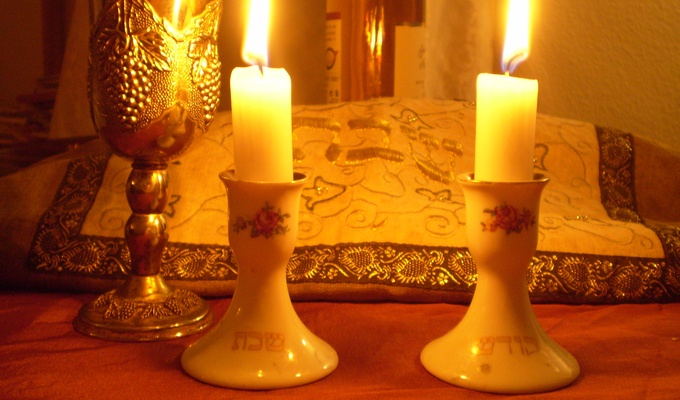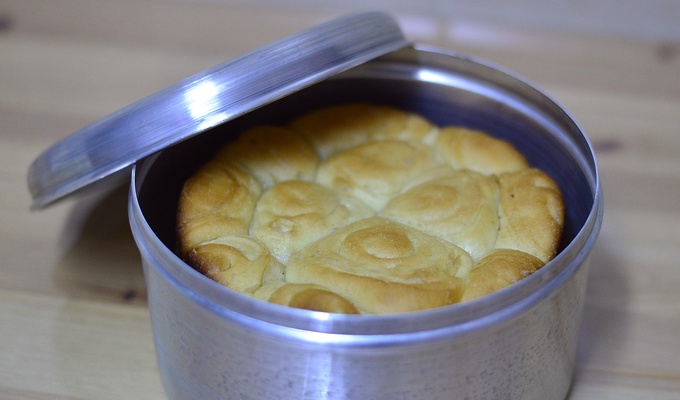Shabbat or the Sabbath, also called Shabbos by Ashkenazim, is Judaism's day of rest on the seventh day of the week—i.e., Saturday. On this day, religious Jews remember the biblical stories describing the creation of the heaven and earth in six days and the redemption from slavery and The Exodus from Egypt, and look forward to a future Messianic Age. Since the Jewish religious calendar counts days from sunset to sunset, Shabbat begins in the evening of what on the civil calendar is Friday.
Shabbat observance entails refraining from work activities, often with great rigor, and engaging in restful activities to honour the day. Judaism's traditional position is that the unbroken seventh-day Shabbat originated among the Jewish people, as their first and most sacred institution, although some suggest other origins. Variations upon Shabbat are widespread in Judaism and, with adaptations, throughout the Abrahamic and many other religions.
According to halakha (Jewish religious law), Shabbat is observed from a few minutes before sunset on Friday evening until the appearance of three stars in the sky on Saturday night. Shabbat is ushered in by lighting candles and reciting a blessing. Traditionally, three festive meals are eaten: The first one is held on Friday evening, the second is traditionally a lunch meal on Saturday, and the third is held later in the afternoon. The evening meal and the early afternoon meal typically begin with a blessing called kiddush and another blessing recited over two loaves of challah. The third meal does not have the kiddush recited but all have the two loaves. Shabbat is closed Saturday evening with a havdalah blessing.
Shabbat is a festive day when Jews exercise their freedom from the regular labours of everyday life. It offers an opportunity to contemplate the spiritual aspects of life and to spend time with family.


